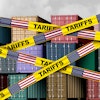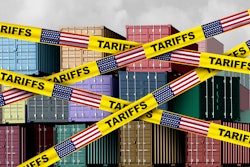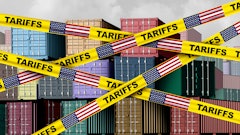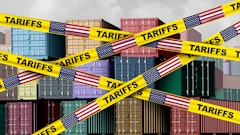
As UK manufacturers shift focus from offshoring to exploring long-term nearshoring strategies, driven by global volatility and increasing regulatory demands, a new report from Dun & Bradstreet reveals a critical gap in their ability to harness internal data to inform these decisions.
“To localize supply chains is a strategic response to global volatility, but without the right data, it’s a risky one,” says Bjorn Gerster, European lead at the Centre of Excellence Manufacturing, Dun & Bradstreet. “Manufacturers need to see beyond their tier-one suppliers and understand the full picture and that starts with having structured, connected data that gives visibility across every tier of the supply chain.”
Key takeaways:
· 84% of British manufacturers plan to nearshore or localize at least half of their supply chain. This push to nearshore is being driven by a number of factors, including having to manage an increasingly complex web of suppliers that goes multiple levels deep. With changing regulations driving uncertainty across the market, 64% of UK manufacturers say they are under more pressure than a year ago to understand their wider supplier network.
· Despite this urgency, only 47% of UK manufacturers currently use their own data to make informed business decisions, highlighting a disconnect between strategic intent and operational capability.
· The report reveals that manufacturers are struggling to understand their supply chains on a deeper level due to a lack of time or resources (42%); a lack of data or information (41%); and concerns about workload (40%).
· Failing to understand their supply chains is a huge issue for the UK’s manufacturing sector, with limited oversight causing 41% of businesses to report quality control issues; 38% facing delivery delays; and 35% having to increase operational costs.
· 27% of UK leaders cite dependency on single or limited suppliers as a recurring problem, while another 27% point to data integration and system compatibility issues as a frequent supplier challenge.
· Regulatory changes, particularly around tariffs and sanctions, have become a persistent and long-term challenge for the manufacturing sector globally, as 42% of UK manufacturers cited "regulatory changes, i.e. tariffs and sanctions" as a major supply chain challenge in the last 12 months (vs. 34% globally); 33% believe these regulatory changes will be among their biggest risks in 2026 (vs. 31% globally); and 21% identified regulatory changes as the "most difficult to solve" among their supply chain challenges (vs. 17% globally).



















